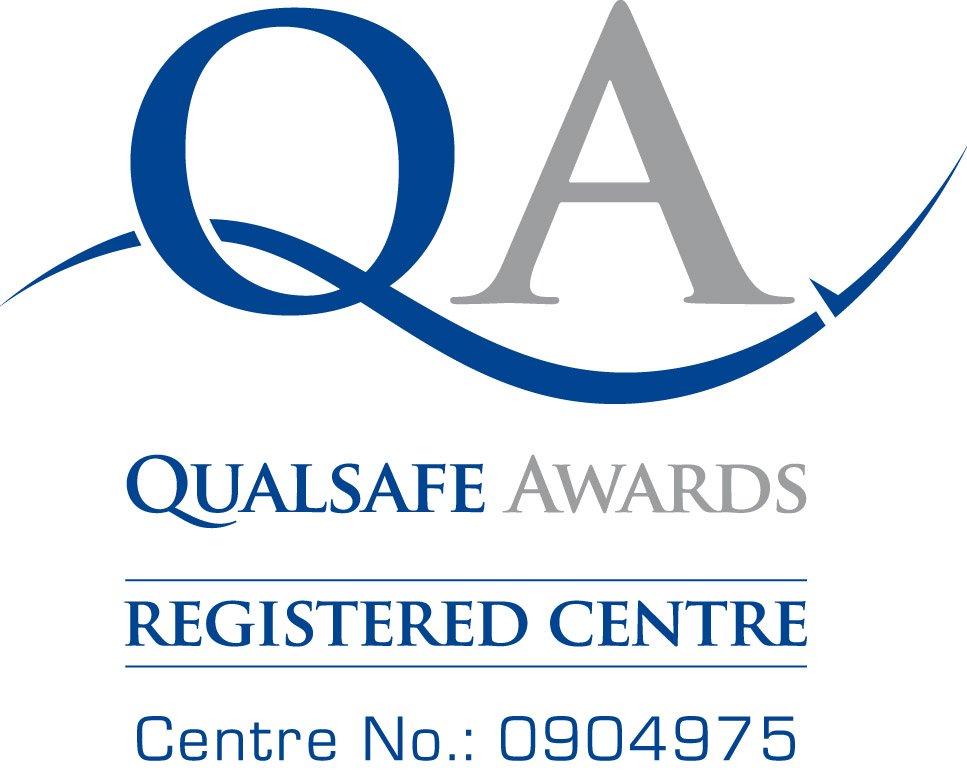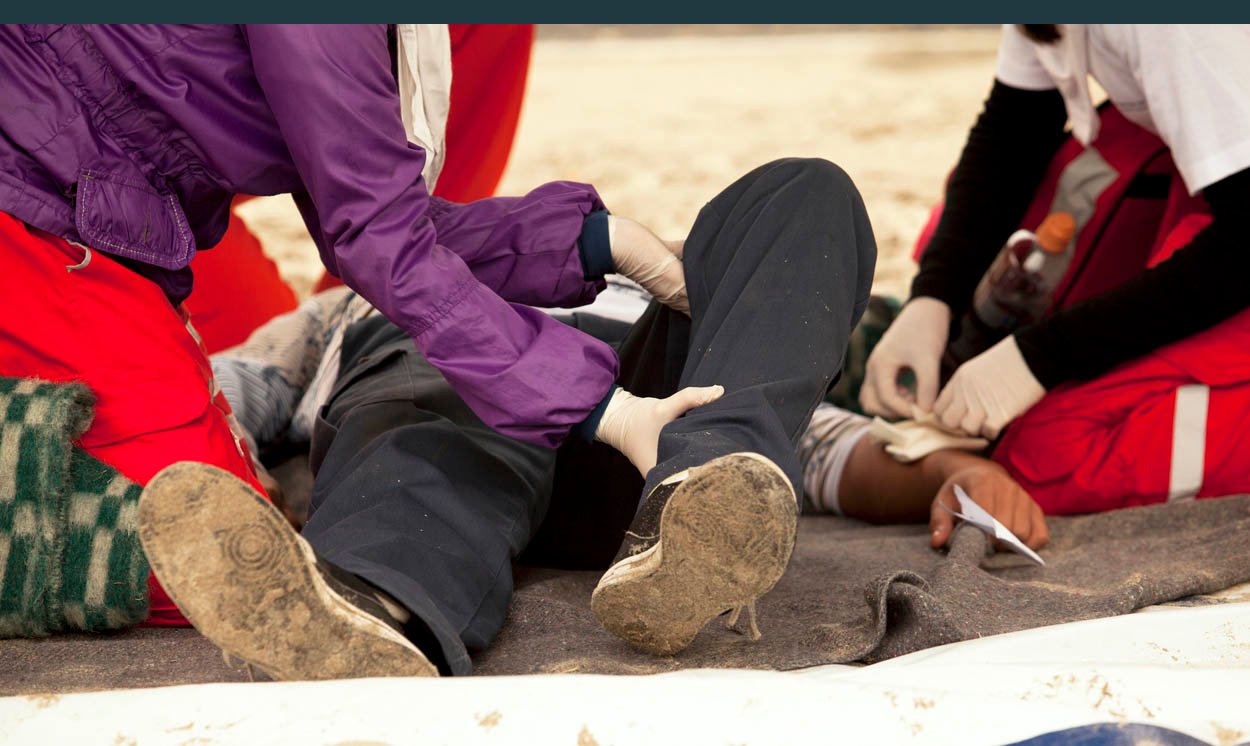FREC 3
Course Structure
Here at XET, we do not provide courses simply to tick boxes or maximise profits. Instead, we aim to provide the highest quality of training & support. For this reason, we have separated the FREC 3 qualification into 3 component parts:-
- Pre-course study (each learner is provided with 2 manuals prior to the course)
- 35 hours of contact teaching time over a 5 days period
- Post-course CPD*
*The qualification specification states“Learners should be encouraged to do a minimum of 118 hours of self-directed study, which should include additional reading and applied practice”. To assist you in achieving this, we provide you with free access to our online student resource area, CPD template logs and can assist you in applying the skills you’ve learned to real patients (see below)
What You’ll Learn
Roles and Responsibilities of Pre Hospital Care Providers:
- Casualty assessment
- Airway management
- FREC provider role
- Universal precautions
- Emergency care equipment Patient/Treatment documentation Consent
Incident assessment and control:
- Dynamic risk assessment
- Initial management of the scene
Casualty assessment:
- Primary Survey ABC
- Levels of consciousness
- Secondary Survey
- ABCDE approach
Catastrophic Bleeding:
- Direct/Indirect Pressure
- Trauma dressing
- Tourniquet use
- Haemostatic agent/dressing
Airway management:
- Airway anatomy
- Airway management methodologies Dynamic Airway assessment
- Head tilt-chin-lift
- Jaw thrust
- Postural drainage
- Altered Airway anatomy management Oro-pharyngeal airway Nasopharyngeal airway
- Manual suction device
- Choking
Cardio Pulmonary Resuscitation (CPR)
- Adult CPR
- Child CPR
- Infant CPR
- CPR adaptions
- Casualty handover
- Automated External Defibrillation
- When resuscitation should not be attempted
Medical Gases:
- Emergency Oxygen
- Pocket Mask/Bag Valve Mask
- Non-re-breather mask
Trauma:
- Universal precautions/Infection control
- Medical Shock
- External bleeding
- Embedded object
- Internal bleeding
- Minor injuries
- Eye injuries
- Burns
- Poisons
Trauma (Muscular-Skeletal):
- Head injuries
- Spinal injuries
- Helmet removal
- Cervical collar
- Pelvic immobilisation Fractures
- Sprains & Strains Dislocations
- Crush injuries
- Manual in-line stabilisation
Trauma (thoracic):
- Closed chest injuries
- Open chest injury
- Positional asphyxia
Medical conditions:
- Anaphylaxis
- Adrenaline Auto-injector
- Asthma
- Spacer device with reliever inhaler Hyperventilation
- Heart Attack
- Angina
- Stroke
- Diabetes
- Seizures
- Meningitis
Environmental:
- Hypothermia
- Hyperthermia
- Sunstroke
- Dehydration
- Exhaustion
- Food poisoning
Human body:
- Hypoxia
- Respiratory system
- Circulatory system
Course Assessment
Certificate Award
Externally accredited and certificated by Qualsafe Awards Ltd

Course Dates & Locations
25-29 Mar 2024
Alternatively we can provide this training at a date and location of your choice both in the UK and overseas.
Suited Professions
- Patient Transport Service
- Police Firearms Officers
- Firefighters
- Industrial Response Teams
- Event First Aiders / First Responders
Pre-Requisites
Upon payment of your deposit, you will receive 2 manuals to an address of your choice.
It is expected that you read these manuals prior to the course, in order to give you the underpinning knowledge required.
Want XET to deliver the best training you’ve ever had?
XET have access to a range of services to suit your needs so no matter what you do, or where you are, XET has the expertise to keep you safe.





